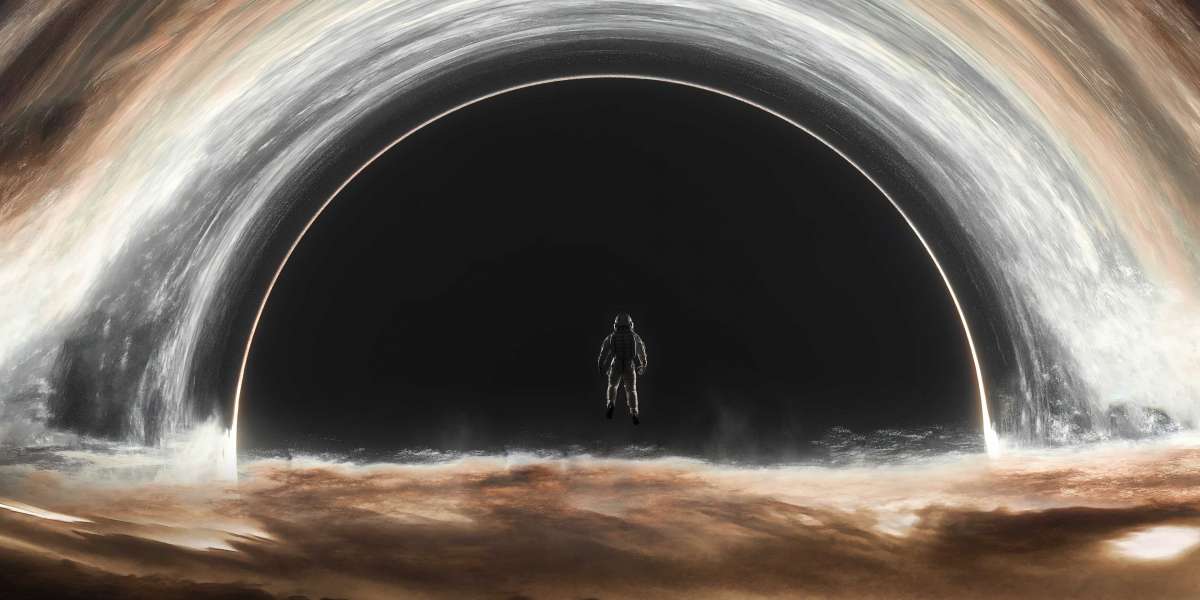As the world continues to shift towards sustainable energy sources, the solar industry has been at the forefront of this revolution. One of the key components driving this change is the development of eco-friendly solar power regulators with low self-consumption. These regulators play a crucial role in maximizing the efficiency of solar power systems while minimizing their environmental impact.

The Importance of Eco-Friendly Solar Power Regulators
Traditional solar power regulators have often been criticized for their high self-consumption rates, which can significantly reduce the overall efficiency of a solar power system. This is where eco-friendly regulators come into play. By utilizing advanced technologies and innovative design principles, these regulators are able to minimize their own energy consumption, allowing for more of the generated solar power to be utilized for practical purposes.
Maximizing Energy Efficiency
One of the primary goals of revolutionizing the solar industry with eco-friendly solar power regulators is to maximize energy efficiency. By reducing self-consumption, these regulators ensure that a larger percentage of the solar power generated is available for use in powering homes, businesses, and other applications. This not only makes solar power more cost-effective but also contributes to a significant reduction in carbon emissions and environmental impact.
Advanced Technologies in Eco-Friendly Regulators
The development of eco-friendly solar power regulators has been made possible through the integration of advanced technologies such as MPPT (Maximum Power Point Tracking) and PWM (Pulse Width Modulation). These technologies enable the regulators to efficiently manage and optimize the flow of solar power, ensuring that the maximum amount of energy is extracted from the solar panels and delivered for consumption.
The Future of Solar Power
As the demand for renewable energy continues to grow, the role of eco-friendly solar power regulators will become increasingly vital. The ongoing innovation and development in this field are paving the way for a future where solar power systems are not only more efficient but also more environmentally friendly. This will undoubtedly have a profound impact on the global energy landscape, as more and more countries and communities embrace the potential of solar power as a sustainable and reliable source of energy.
In conclusion, the revolutionizing of the solar industry with eco-friendly solar power regulators with low self-consumption is a significant step towards a more sustainable and environmentally conscious future. By maximizing energy efficiency and minimizing environmental impact, these regulators are playing a crucial role in the widespread adoption of solar power as a viable alternative to traditional energy sources. As technology continues to advance, we can expect to see even more innovative solutions that further enhance the capabilities of solar power systems, ultimately reshaping the way we harness and utilize energy.







